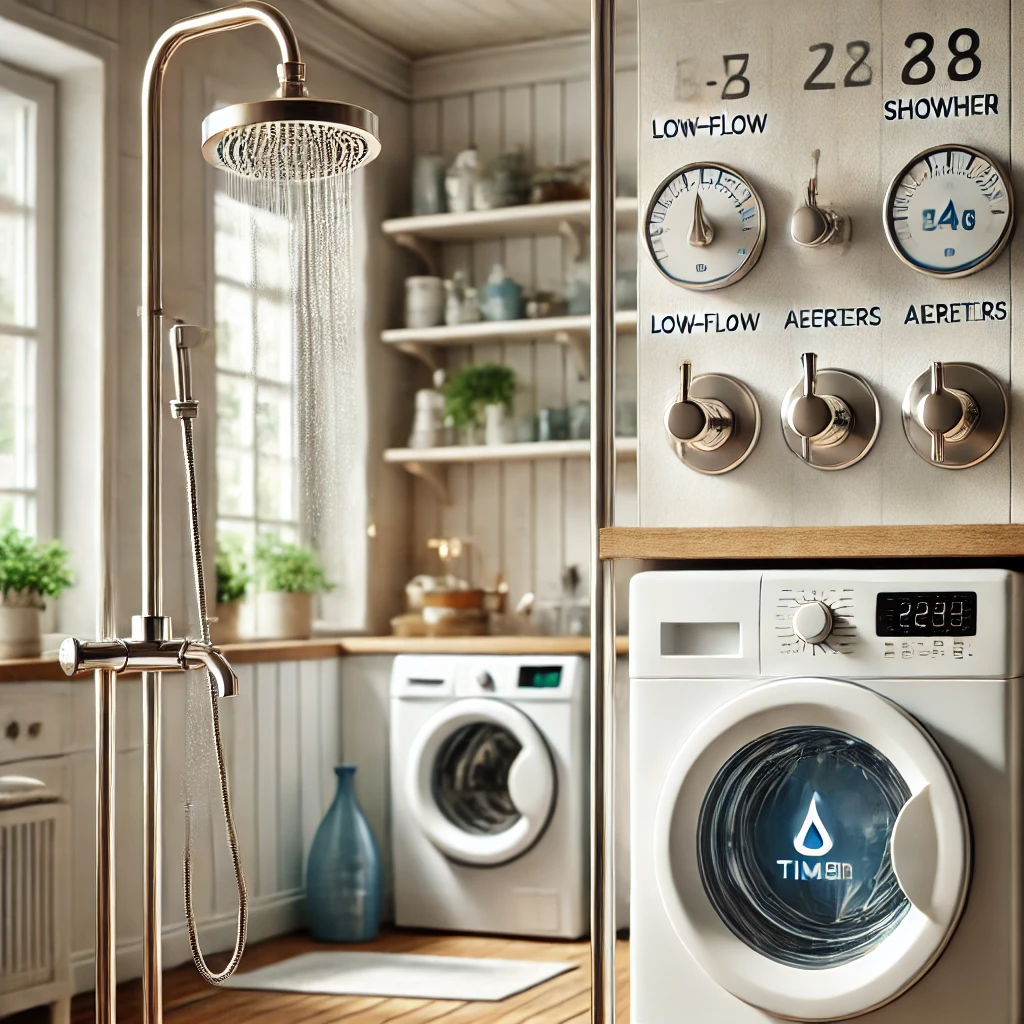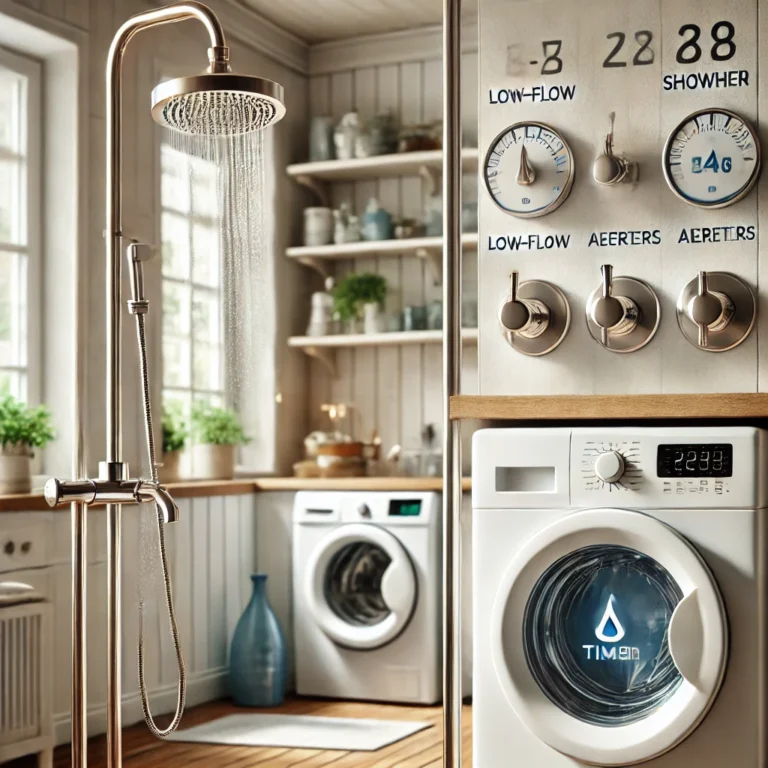Physical Address
304 North Cardinal St.
Dorchester Center, MA 02124
Physical Address
304 North Cardinal St.
Dorchester Center, MA 02124


Water is one of our planet’s most precious resources, and with increasing population pressures and climate change, conserving water has never been more important. The good news is that saving water doesn’t require a complete lifestyle overhaul. Small adjustments in your everyday habits can add up to significant savings over time. In this guide, we’ll explore simple, effective ways to reduce water waste and create an eco-friendly home.
Water scarcity is an issue affecting millions of people around the world, and even in regions where water is abundant, excessive usage places a strain on local ecosystems. By conserving water, you not only reduce your utility bills but also help preserve resources for future generations. Water-saving practices are especially relevant for regions facing droughts and other climate challenges.
Every drop counts, and with just a few conscious changes, you can make a big difference.
Taking shorter showers is one of the simplest ways to save water. Showers can use up to 2.5 gallons of water per minute, so even reducing your shower time by a few minutes can save a significant amount over time.
Tip: Set a timer for your showers or try to finish in 5 minutes or less. You can also consider installing a low-flow showerhead to reduce water usage further without compromising on water pressure.
Learn more about water-saving showerheads and how they contribute to water conservation.
Water-saving devices like low-flow faucets, aerators, and toilet fill valves are designed to reduce water flow without affecting performance. These devices are inexpensive and easy to install, making them a great option for those looking to save water at home.
Popular Options: Low-flow aerators for kitchen and bathroom faucets, dual-flush toilet systems, and water-saving showerheads.
Tip: Look for products labeled as “WaterSense” certified, as these meet EPA standards for water efficiency.
Explore more tips on installing water-saving devices to make your home more eco-friendly.
Leaky faucets and pipes can waste a surprising amount of water—up to 3,000 gallons per year from a single leaky faucet! Regularly check for leaks in your home and repair them as soon as possible to prevent water waste.
How to Spot Leaks: Listen for running water sounds when taps are off, check under sinks for moisture, and review your water bill for unexplained increases in usage.
Tip: If you suspect a leak but can’t locate it, consider consulting a plumber or using a water leak detection device.
When it’s time to upgrade your appliances, consider choosing water-efficient models. Washing machines and dishwashers marked with an Energy Star label or WaterSense certification are designed to use less water and energy, helping you save on utility costs and reduce your environmental footprint.
Popular Options: High-efficiency washing machines, Energy Star dishwashers, and water-saving toilets.
Explore water-efficient appliances that can reduce your household water consumption.
Laundry is another area where a few mindful choices can make a big difference in water usage. Using the right settings and only washing full loads helps conserve water without compromising cleanliness.
Tips for Water-Saving Laundry:
Read more about water-efficient laundry practices to optimize your routine.
Saving water is about more than just cutting down on costs—it’s a way to protect our planet and ensure that everyone has access to clean, fresh water. By making small changes like reducing shower time, installing water-saving devices, and being mindful of laundry practices, you can make a meaningful difference.
Are you ready to start saving water? Choose a few tips from this list and try incorporating them into your daily routine. Every drop counts, and together, we can create a more sustainable future.
Discover more eco-friendly home tips and continue your journey towards a sustainable lifestyle!